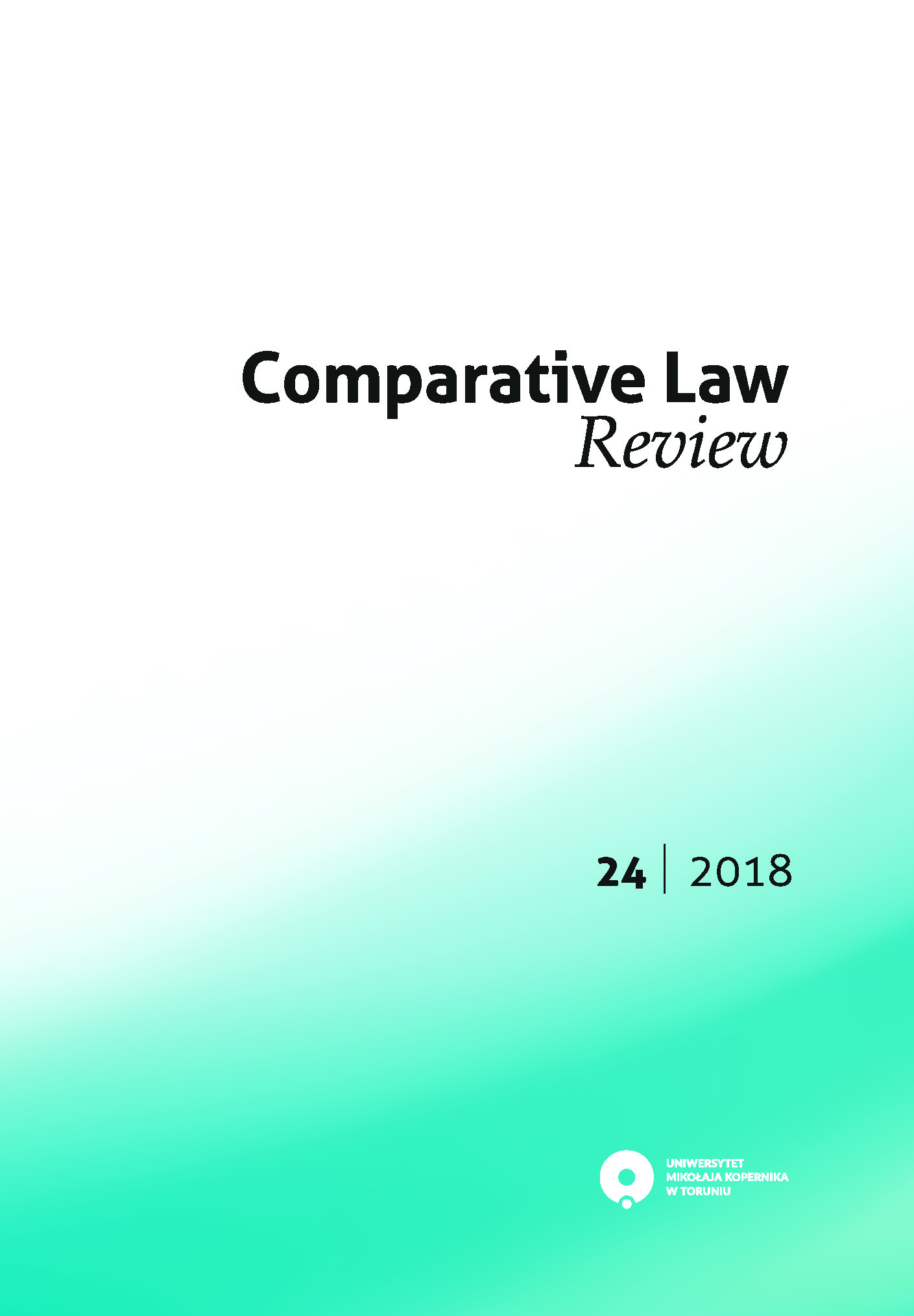Is Brandenburg’s Spirit Still Alive? A Perspective of the Greek Anti-Racist Law
DOI:
https://doi.org/10.12775/CLR.2018.002Keywords
Hate speech, Brandenburg Test, Racism, Freedom of expression, Greek anti-racist lawAbstract
This Article analyzes the issue of hate speech limitations under the scope of both the Brandenburg Test and the Greek anti-racist Law. Although the Brandenburg doctrine has been criticized, especially with regard to its being applied to the phenomena of racism or xenophobia, its standards can also be detected in the Greek anti-racist Law, which has been recently amended. This Article examines the magic words “imminence”, “public order”, and “incitement to actions” and concludes that mere utterance of racist rhetoric is not punishable. Greek jurisprudence seems to be in line with the Brandenburg principles, tolerating inflammatory words that are harmless to social harmony and peace. This Article further suggests that, for public order to be endangered by hate speech, an in concreto analysis of the surrounding circumstances is necessary. In sum, Brandenburg helps Greek legal thought to understand the dynamic of the disturbance of public order through the “clear and present danger” perspective, while the Greek anti-racist Law offers an example of when and how hate speech may be deemed as an incitement not only to lawless action, but also to actions of hatred and discrimination.
Downloads
Published
How to Cite
Issue
Section
Stats
Number of views and downloads: 938
Number of citations: 0



